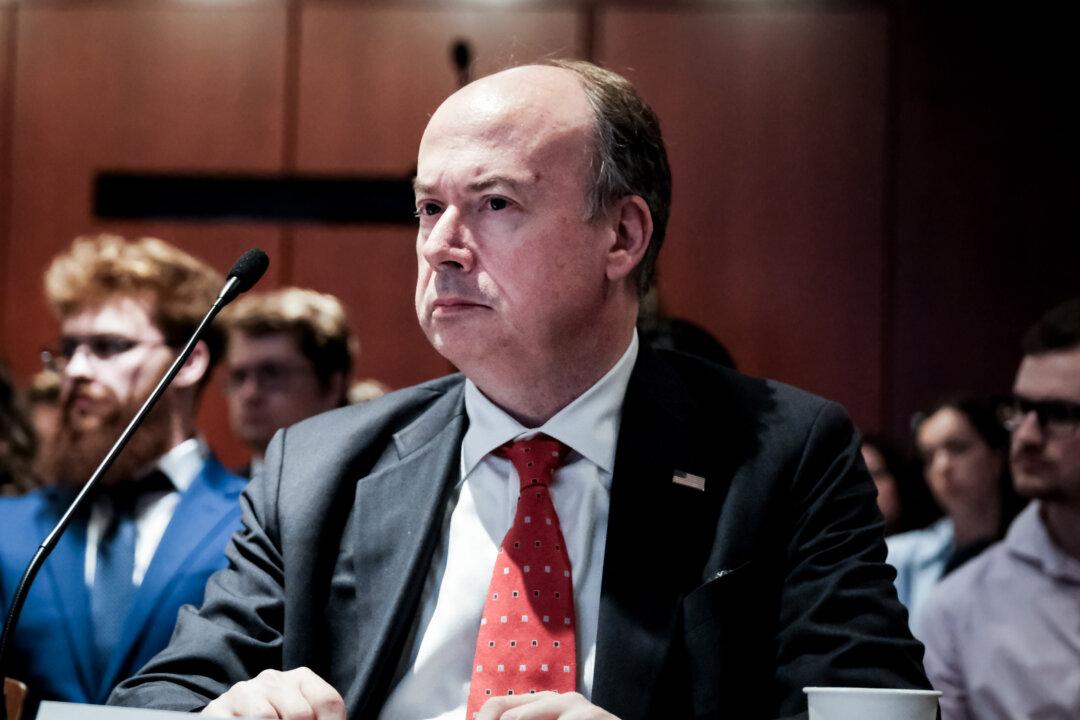“Should the U.S. government try to overthrow the [Chinese Communist] Party?” asks Isaac Stone Fish in his new book, “America Second: How America’s Elites Are Making China Stronger.” Stone Fish, CEO of China-focused consulting firm Strategy Risks, as well as a former Beijing correspondent for Newsweek magazine, writes, “The Party poses an existential threat to the American-managed system.”
However, as Stone Fish outlines in his exposé of the Chinese Communist Party’s influence in the United States, there has been a decades-long trend of American businesspeople, lobbyists, and politicians putting America second to financial interests linked to totalitarian China.





